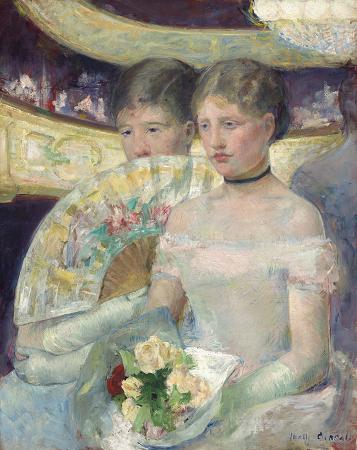Theater. Theatre or theater is a collaborative form of performing art that uses live performers, typically actors or actresses, to present the experience of a real or imagined event before a live audience in a specific place, often a stage. The performers may communicate this experience to the audience through combinations of gesture, speech, song, music, and dance. Elements of art, such as painted scenery and stagecraft such as lighting are used to enhance the physicality, presence and immediacy of the experience. The specific place of the performance is also named by the word theatre as derived from the Ancient Greek, itself from. Modern Western theatre comes, in large measure, from the theatre of ancient Greece, from which it borrows technical terminology, classification into genres, and many of its themes, stock characters, and plot elements. Theatre artist Patrice Pavis defines theatricality, theatrical language, stage writing and the specificity of theatre as synonymous expressions that differentiate theatre from the other performing arts, literature and the arts in general. Modern theatre includes performances of plays and musical theatre. The art forms of ballet and opera are also theatre and use many conventions such as acting, costumes and staging. They were influential to the development of musical theatre; see those articles for more information. Main article: History of theatre Main article: Theatre of ancient Greece The city-state of Athens is where western theatre originated. It was part of a broader culture of theatricality and performance in classical Greece that included festivals, religious rituals, politics, law, athletics and gymnastics, music, poetry, weddings, funerals, and symposia. Participation in the city-state's many festivals, and mandatory attendance at the City Dionysia as an audience member in particular, was an important part of citizenship. Civic participation also involved the evaluation of the rhetoric of orators evidenced in performances in the law-court or political assembly, both of which were understood as analogous to the theatre and increasingly came to absorb its dramatic vocabulary. The Greeks also developed the concepts of dramatic criticism and theatre architecture. Actors were either amateur or at best semi-professional. The theatre of ancient Greece consisted of three types of drama: tragedy, comedy, and the satyr play. The origins of theatre in ancient Greece, according to Aristotle, the first theoretician of theatre, are to be found in the festivals that honoured Dionysus. The performances were given in semi-circular auditoria cut into hillsides, capable of seating 10,000-20,000 people. The stage consisted of a dancing floor, dressing room and scene-building area. Since the words were the most important part, good acoustics and clear delivery were paramount. The actors wore masks appropriate to the characters they represented, and each might play several parts. Athenian tragedy, the oldest surviving form of tragedy, is a type of dance-drama that formed an important part of the theatrical culture of the city-state. Having emerged sometime during the 6th century BCE, it flowered during the 5th century BCE, and continued to be popular until the beginning of the Hellenistic period. No tragedies from the 6th century BCE and only 32 of the more than a thousand that were performed in during the 5th century BCE have survived. We have complete texts extant by Aeschylus, Sophocles, and Euripides. The origins of tragedy remain obscure, though by the 5th century BCE it was institutionalised in competitions held as part of festivities celebrating Dionysus. As contestants in the City Dionysia's competition playwrights were required to present a tetralogy of plays, which usually consisted of three tragedies and one satyr play. The performance of tragedies at the City Dionysia may have begun as early as 534 BCE; official records begin from 501 BCE, when the satyr play was introduced. Most Athenian tragedies dramatise events from Greek mythology, though The Persians, which stages the Persian response to news of their military defeat at the Battle of Salamis in 480 BCE, is the notable exception in the surviving drama. When Aeschylus won first prize for it at the City Dionysia in 472 BCE, he had been writing tragedies for more than 25 years, yet its tragic treatment of recent history is the earliest example of drama to survive. More than 130 years later, the philosopher Aristotle analysed 5th-century Athenian tragedy in the oldest surviving work of dramatic theory, his Poetics.
more...













